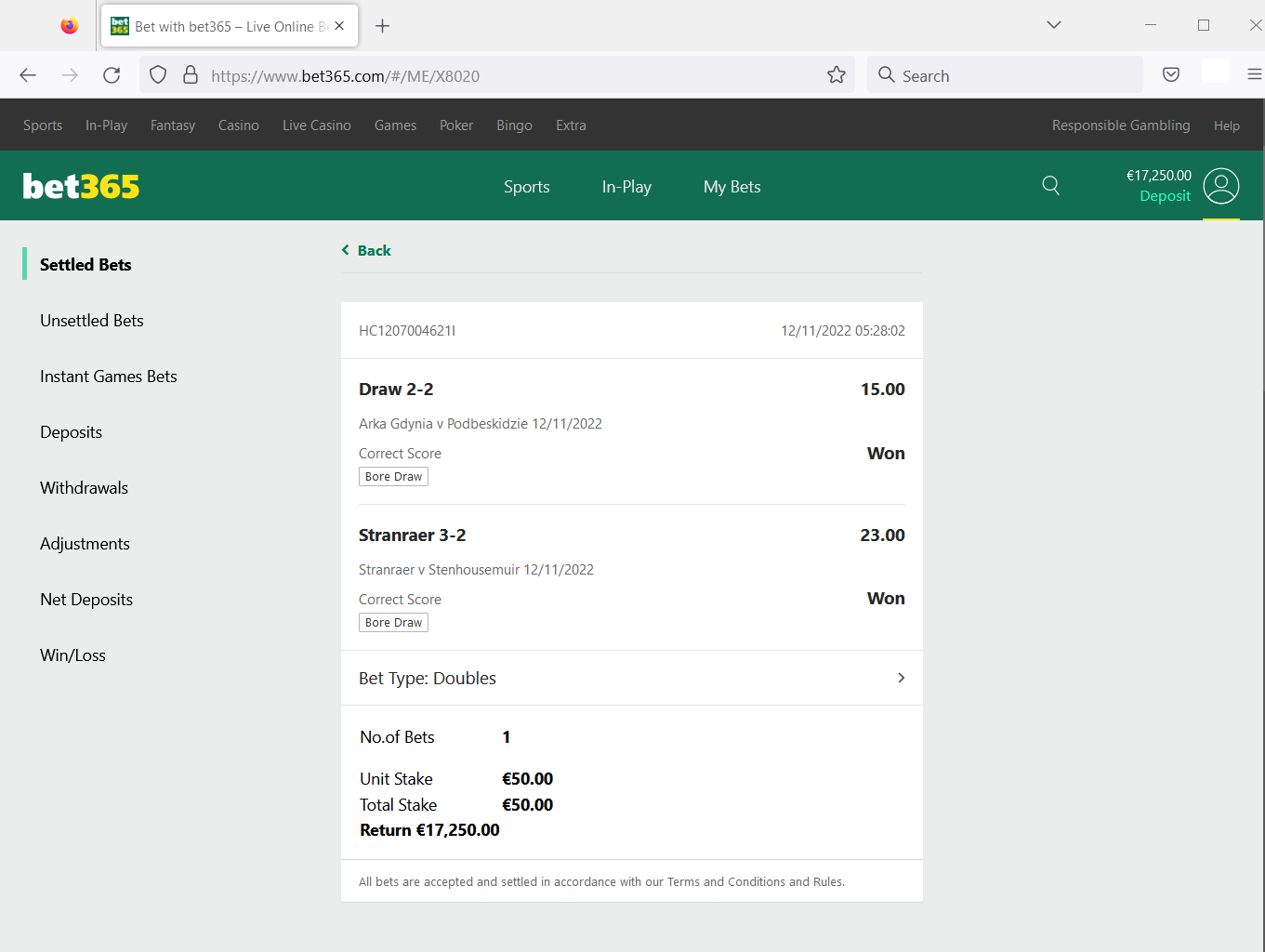Dreams often serve as a bastion of our innermost thoughts, fears, and aspirations. They weave through the fabric of our subconscious, revealing insights that may elude our waking minds. One compelling aspect of dreams includes the representation of “commands”—words or directives that have significant implications in various contexts. When one contemplates the dream meaning of a command, a tapestry of nuances unfolds, touching on psychological, spiritual, and cultural interpretations. This exploration also evokes expectations of the future, as the commands we encounter in our dreams can be emblematic of unarticulated desires or warnings about our paths ahead.
At the heart of dreams featuring “commands” lies a complex interplay of symbolism and meaning. A command in a dream may denote authority or a call to action. It can evoke feelings of compliance or resistance, depending on the nature of the command and the dreamer’s emotional state. One could interpret these commands as manifestations of the dreamer’s psyche urging them toward decisive action. For instance, if the dream command is to “move forward,” it could symbolize a latent desire to embrace change or confront lingering doubts about one’s future prospects.
The symbolic implications of a command often arise from the content of the command itself. For example, a dream where one is instructed to “speak up” may reflect feelings of repression in waking life, highlighting a need to assert oneself. The dream may serve as a clarion call, nudging the individual to vocalize their thoughts and opinions more assertively. Alternatively, a command to “stay still” might suggest a need for introspection or a pause for reflection before taking further actions.
Exploring the spiritual dimensions of commands within dreams invites interpretations from various religious perspectives. In Christianity, commands can symbolize divine direction or spiritual guidance. Biblical narratives featuring commandments often underscore the importance of obedience and moral integrity. A dream invoking a biblical command may prompt the dreamer to evaluate their alignment with their spiritual beliefs. It may also symbolize a calling to partake in a higher purpose or to adhere closely to one’s faith, suggesting that the future is intertwined with spiritual obedience and growth.
Similarly, the Islamic perspective on commands in dreams reflects a profound reverence for divine guidance. Islam places significant emphasis on adhering to the teachings of the Qur’an and the Sunnah of the Prophet Muhammad. A command experienced in a dream could represent an invitation to reflect on one’s adherence to these principles, perhaps urging the dreamer to maneuver through life’s complexities with faith and wisdom. Such dreams often serve as reminders that the future is molded by present actions—encouraging individuals to act in accordance with spiritual teachings.
In a broader cultural context, commands in dreams may resonate with other traditions and belief systems. In various indigenous cultures, dreams are often seen as conduits for ancestral wisdom or guidance. Here, a command might signify the presence of ancestral spirits urging the dreamer to pay heed to their personal journey or the collective path of their community. The expectation of the future, therefore, can be viewed through the lens of intergenerational responsibility—commanding the dreamer to honor their roots while paving the way for future generations.
From a psychological standpoint, the meaning of a command in a dream frequently intersects with the dreamer’s emotional and mental landscapes. Carl Jung’s theories posit that dreams reveal the unconscious mind’s voice, wherein commands can represent the tension between the ego and deeper, often repressed, desires. A command to “let go” may symbolize internal conflict regarding attachment, perhaps urging the dreamer to release emotional burdens that hinder personal growth. This psychological analysis serves as a pathway toward self-actualization, suggesting that understanding these commands can significantly impact future decisions and emotional well-being.
Moreover, commands in dreams may indicate societal pressures or expectations that manifest within the dreamer’s psyche. The command to conform, or to reject conformity, could reflect the struggle between individuality and societal norms. This tension can profoundly affect the dreamer’s life trajectory, as such dreams may serve as pivotal moments of self-discovery, urging the dreamer to carve out a more authentic path that resonates with their inner values. This exploration is intertwined with the expectation of the future, highlighting the importance of striking a balance between social expectations and personal aspirations.
In conclusion, the dream meaning of a command encapsulates a kaleidoscope of interpretations, ranging from the personal to the spiritual and the psychological. Whether viewed through a religious lens, a psychological framework, or a cultural perspective, these directives resonate deeply with the human experience. As we navigate the complexities of our waking lives, the commands articulated in our dreams may act as mirrors reflecting our deepest desires, fears, and aspirations. Ultimately, interpreting these dreams encourages a thoughtful exploration of our paths ahead—a reminder that within the narrative of each life lies the power to alter the course of one’s future through understanding and introspection. Embrace these insights as guides, for they may illuminate the path that beckons beyond the horizon.













